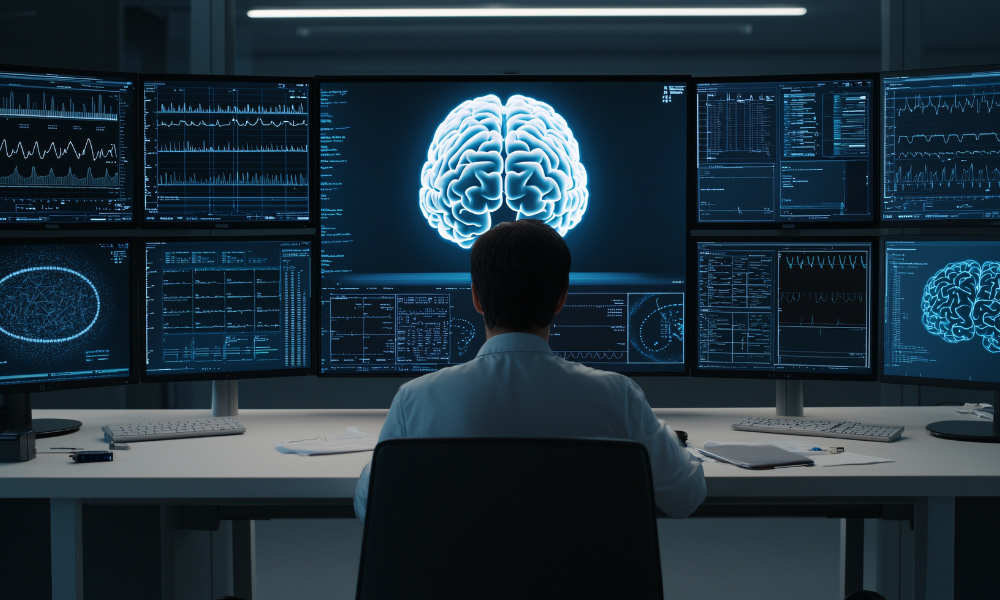The Office of the Information and Privacy Commissioner of Ontario (IPC) has released an independent report on the current state of neurotechnologies, its possible future trends, and opportunities and challenges in the technical, legal, ethical, and socio-economic realms.
The IPC said it commissioned Verónica Arroyo, a privacy lawyer and policy advisor on emerging technology, to work on this independent report.
The IPC noted that possible uses of neurotechnologies include medical and therapeutic interventions and diagnostic and preventative purposes. The report aims to offer guidance on recent legislative and policy developments relevant to the technology and any legal and ethical considerations.
The report explores:
- neurotechnologies in the present
- potential advancements in this technology in the coming years
- the adoption of this technology in the areas of health, employment, and law enforcement
- the technology’s broader implications for society and individuals
The report covers insights from academic research, policy reports, legal documents, and government publications.
Benefits and risks
The review finds that neurotechnologies open up opportunities regarding health benefits and brain research. The report expects the technology to improve in accuracy and help reduce tissue damage, enhance brain-computer interfaces, and develop cognitive functions and augmentative capabilities in the future.
However, the review also identifies the following potential risks, challenges, or limitations:
- The lack of universal definitions of neurotechnology or neurodata complicates classification and regulatory responses
- Neurotechnologies process neurodata, which can link to a specific individual and become personal data possessing physiological information and allowing inferences of highly sensitive information like personality traits, sexual orientation, cognitive performance, and mental state
- The technology may erode personal identity, affect individual autonomy, and thus weaken the concept of informed free consent
- Legal issues revolve around mental privacy, cognitive liberty, and fair trial rights
- Data privacy risks include unauthorized access, profiling, and misuse in health and employment
- Ethical challenges include unequal access and risks of stigmatization for vulnerable populations such as Indigenous peoples, neurodiverse individuals, and people with mental health conditions
The report notes that scholarly perspectives and legal responses to the question of how to tackle these neurotechnological challenges differ – some call for the creation of new rights like cognitive liberty or neurorights or the amendment of existing laws, while others say no new rights are necessary.
The report highlights the need for a balanced, nuanced, adaptable, proactive, and inclusive approach or regulatory framework. The report says the approach should prioritize human dignity, autonomy, and equity and foster public trust through transparency and accountability.
The report concludes that policymakers and researchers should work together to ensure that neurotechnologies serve societal interests and address technical and regulatory gaps without endangering human rights.





